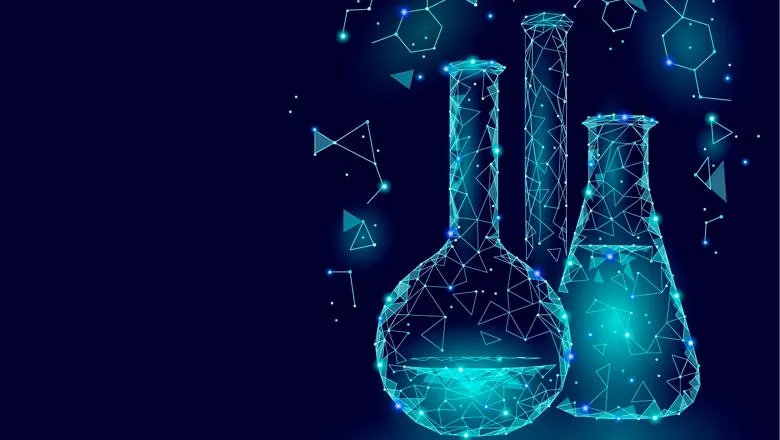25 March 2017
The First NMS Faculty Science Festival
Some of the most cutting-edge science takes place at King’s College London and British Science Week presented a fantastic opportunity to share it with the public during the inaugural NMS (Faculty of Natural & Mathematical Sciences) Science Festival. British Science Week is an annual national celebration of STEM subjects, inspiring and exciting the next generation of researchers, opening doors to career pathways for underrepresented groups and promoting the exciting work going on in UK universities and industries.

The lunchtime event was held on the Strand campus and welcomed contributions from students, researchers and world-famous academics, who displayed scientific posters, guided children through hands-on chemistry and physics demonstrations and talked about the challenges they face with their research.
The public saw financial mathematicians discussing the statistics behind the stock market, computer scientists talking about cracking codes and physicists making kitchen cabinet lava lamps.
There were queues of enthusiasts forming before the official opening and the room stayed packed throughout the morning. The most popular stand by far was a demonstration of the super-cooling properties of liquid nitrogen where, in between shrieks of delight, the keen audience quizzed the Department of Chemistry on its properties.
Using table-top lab apparatus skillfully transported across Waterloo Bridge, King’s College London’s Chem Soc demonstrated how different materials absorb light.
The visiting families loved seeing behind the usually closed doors of a university, and the scientists themselves really benefited from feedback from the public, industry experts and members of the King’s College London community.
Prospective King’s students weren’t only impressed by scientific experiments, but were introduced to current research by the scientists themselves. The youngest members of the audience began to dream up their futures spent in our laboratories and the local residents felt more part of the King’s College London community.
Georgia Orton, PhD student at King's said "I enjoyed the opportunity to discuss my research with curious young people and it was great to hear some of the questions they had about the activities they got involved with. I had a great chat with a 6 year old about enzymes, something that he might not come across again until high school. I think we sometimes underestimate children’s natural curiosity, and capacity to understand quite difficult concepts so it was lovely to see how involved all our visitors got with the activities available."
